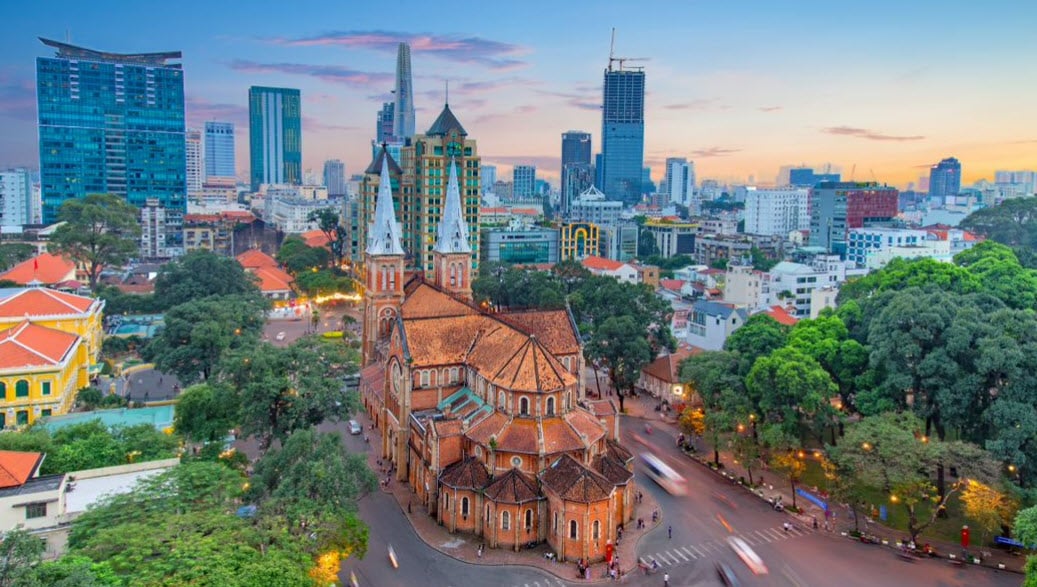In brief
On 2 August 2023, under Resolution No. 122/NQ-CP, the government approved the formulation of a Resolution of the National Assembly as proposed by the Ministry of Finance (MOF) for implementing Pillar Two. In particular, the proposal of the MOF includes a draft resolution on the Income Inclusion Rule (IIR) and Qualified Domestic Minimum Top-up Tax (QDMTT) (“Draft Resolution“) in addition to other documents such as reports on impact and opinions of other ministries. The government plans to have the proposed legislation discussed and adopted during the October session of the National Assembly.
In more detail
According to the government’s Resolution No. 122/NQ-CP, the 2023 legislation program of the National Assembly will be supplemented with the proposed legislation on Pillar Two.
The Draft Resolution proposes that Vietnam will implement both IIR and QDMTT from 1 January 2024.
- QDMTT is additional corporate income tax (CIT) imposed on local enterprises (either foreign-owned enterprises or Vietnamese-owned enterprises) that are members of a multinational group with annual consolidated revenues of EUR 750 million or more and pay CIT in Vietnam at an effective tax rate of less than 15%. Such effective tax rate will be calculated in accordance with the Global Anti-Base Erosion Model Rules of the OECD.
- IIR is CIT imposed on any income of overseas constituent entities that is taxed below 15%. Thus, the IIR will affect Vietnamese in-scope multinational groups with ultimate parent entity based in Vietnam that carry out outbound investment in foreign countries where tax is paid under the minimum rate of 15%.
In addition, the Draft Resolution reads that it shall be applied from 2024 until replaced by the amended Law on Corporate Income Tax (“CIT Law“). This means that Vietnam will supplement its existing CIT Law with regulations on IIR and QDMTT.
Given the short timing, the government proposes to adopt the Vietnam Pillar Two legislation through a fast-track legislation procedure, meaning that it will not have to follow a standard “60-days of obtaining public opinion” protocol as usual, together with a shortened appraisal and approval process. However, given the importance of the new tax regulations, the MOF may still conduct a public opinion consultation with relevant stakeholders. In such a case, after the proposed Draft Resolution is approved by the National Assembly Standing Committee, the MOF may finalize it by late August and organize a short round of public consultations before the final submission to the National Assembly tentatively in mid-September.
For your reference, the Draft Resolution is available on the portal of Vietnam Chamber of Commerce and Industry (VCCI).
Please feel free to reach out to our contacts if you would like to further discuss the Draft Resolution and have comments.





